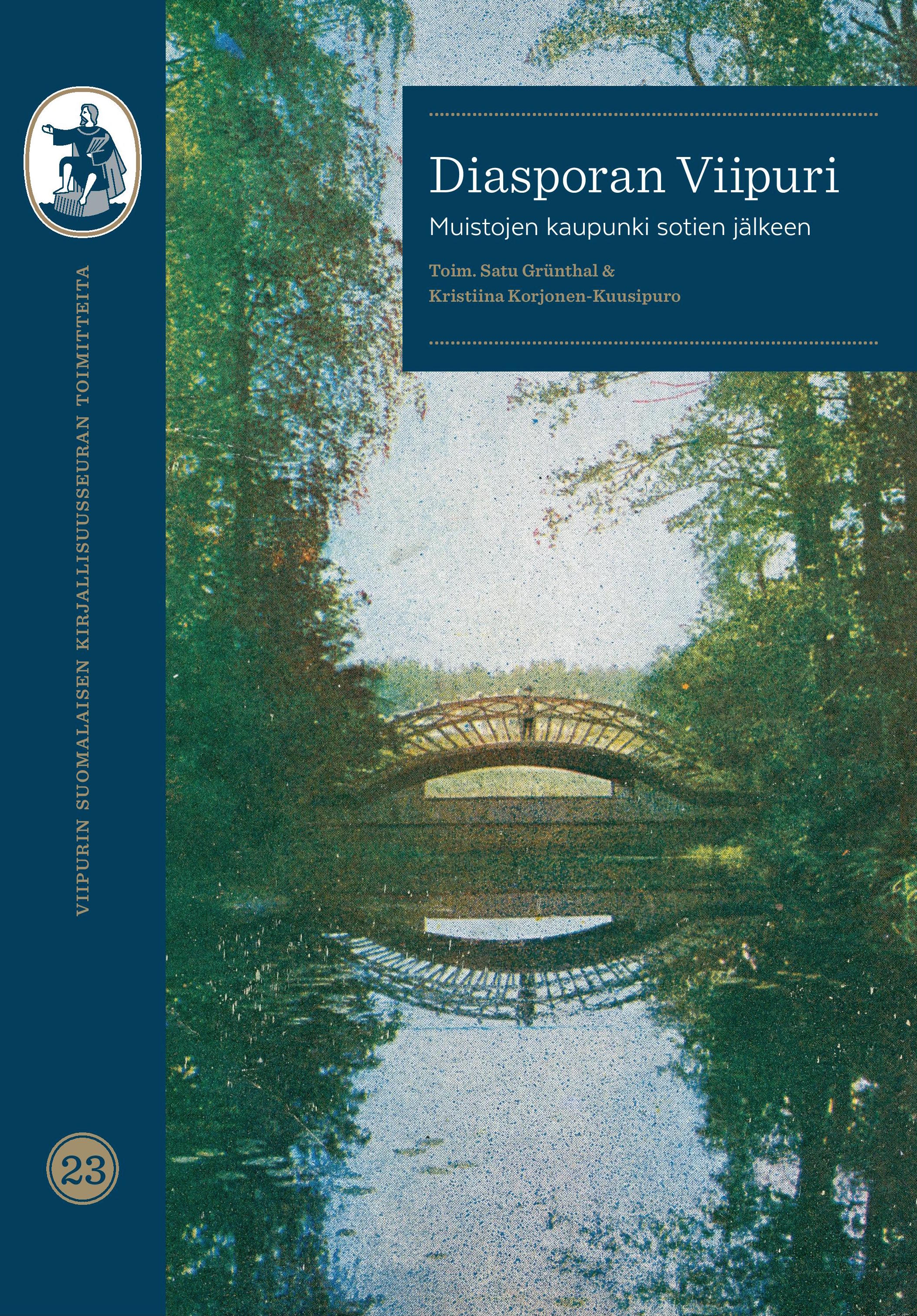”Maailma jota ei enää ole – vaikka onkin”
Viipurin kaupunkitila ja menneisyys suomalaisissa ja venäläisissä tulkinnoissa
DOI:
https://doi.org/10.47564/vskst.113659Abstract
“A world which doesn’t exist – even though it does.”
The urban space and past of Vyborg in Finnish and Russian interpretations
The article analyses the interpretations of the past given to the town space of Vyborg. Utilising survey and interview material collected from Finnish and Russian target groups, it examines which places in the city become the main objects of description and what meanings are attached to these. The article looks at the urban space in Vyborg via an assessment of public-level meanings on the one hand and private-level meanings on the other, and the space is strongly understood as a social product for which the users of the space actively create meanings. In both Finnish and Russian interpretations of the history of Vyborg’s urban space, the city appears as a kind of imaginary space, and, especially in the speech of Finns, is romanticised by the tradition of remem- brance. The Russians have built new memory environments in Vyborg to create national memory sites in the city space. For both Finns and Russians, history is an important part of Vyborg’s urban space, but its contents and starting points are related to different layers of recognition.





